Oxfam International has been refining and improving processes related to annual planning (programs and resources), program quality reflection, operational progress and budget reporting, and program results reporting. These processes and formats generate quantitative and qualitative data, as well as information on Oxfam programs and resources.
The data and information are to be collated, aggregated, analyzed, visualized/displayed, and used in decisionmaking and governance processes. Some of the analyses are routine and pre-defined by Oxfam’s annual and quarterly management and reporting processes; others are ad-hoc, one-time, and/or tailored to specific questions and needs. Quantitative analyses require descriptive and some inferential work, as well as data visualization. Analyses may be both inductive and deductive, depending on purpose and questions raised. It may be necessary to set up syntax, in appropriate statistical software, to import, merge and analyze data and provide visualization on a routine basis with new data collected annually. Products will range from PowerPoints summarizing findings, to brief written narrative pieces, to Excel sheets with aggregated data, to infographics visualization pieces. When analyses are written up in narrative form, they should be suitable for brief, user-friendly, wide-consumption pieces such as Workplace posts, blog posts, podcasts, etc.
Examples of existing processes that need data analysis
1. Evaluation reports
2. Planning and reporting exercises from different groups, from which we need to extract topline summaries
3. Questionnaires (e.g. customer satisfaction; consultations, systems for mutual accountability and stakeholder feedback)
4. Analysis and sense-making of progress reports
5. Output reports (quantitative and qualitative data)
Approach
The clients of analyses, and main consumers of the analyst’s work, are mainly management and governance staff, such as regional directors, country directors, regional leadership teams, global program director, knowledge for impact director and team, operations director and team, governance bodies. The approach of the analyst will entail:
• working with clients to understand and help define/sharpen their questions based on their purpose and needs;
• preparing datasets as needed (e.g., by importing, or merging, or extracting, etc.);
• conducting analyses;
• preparing and sharing the output in an appropriate and user-friendly format;
• discussing and validating it with clients;
• advising, in an iterative process as appropriate, on what questions the data, information and analyses can and cannot answer;
• refining, adding, or adjusting as necessary based on client inputs and requests; and
• finalizing the analysis products to be used internally and externally
In this, the analyst will take a strong customer-focused approach and maintain customer satisfaction as a key measure of success. At the same time, the analyst will maintain the appropriate level of rigor in handling, managing, and analysing all data and information. While not setting the agenda for analyses or defining the purpose and questions, the analyst will be expected to liaise with various Oxfam teams and departments to understand the work well enough – particularly the larger processes that produce the data and information – to perform analyses and advise on them in ways that are appropriate and fit-for-purpose.
In addition, the analyst will collaborate with Oxfam Affiliates to bring together datasets for cross-confederation use and analysis. These may be data expressly collected for monitoring, evaluation, and/or research purposes, or data generated in the course of Oxfam performing its work, such as data in various management systems and reports. In either case, the work will require designing the merge and resulting new dataset, and working with colleagues in Oxfam Affiliates to carry out the
Skills
• Quantitative, qualitative, and mixed methods analysis
• Statistical software (with preference for open-source solutions)
• Qualitative analysis software a plus • Strong customer focus
• Ability to balance rigor with creative approaches to arrive at fit-for-purpose products
• A sense of humour and a dose of patience
• Problem-solving attitude and track record
• Strong interpersonal skills
• Ability to communicate analyses to management without jargon, in a succinct, easy to digest manner
• Cross-cultural communication or experience in cross-cultural/international settings a plus
• Experience working virtually and remotely
• Willingness to work outside of usual office hours to accommodate different time zones
• Ability to plan work, self-direct, and meet short deadlines
• Fluent in both oral and written English. Working knowledge of Spanish and/or French is desirable.
Conditions:
This is offered as a consultancy for 12 months, from late January/early February 2019, on a full-time basis (approximately 35 hours per week). Why a short-term assignment? This is a new function that we need to test and learn. Eventually adapt or develop into a longer-term position in the program teams. The position will be reporting to the Knowledge for Impact Team (KIT) of Oxfam, with a % of the time dedicated to joint work between KIT and Operations, mainly the planning 2019-20 and the reporting 2018-19 cycles.
Location: home-based or one of the Oxfam offices.
Remuneration: to be discussed
Contact: Velina Petrova (Velina [dot] petrova [at] oxfam [dot] org) and Cristina Sette (Cristina [dot] sette [at] oxfam [dot] org)
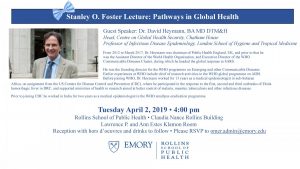
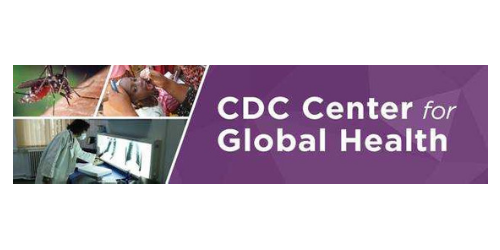

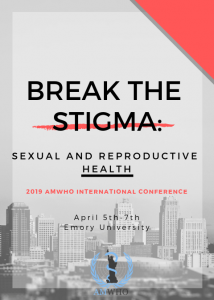
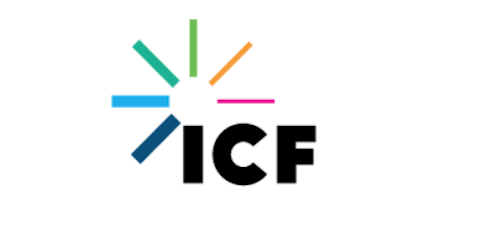


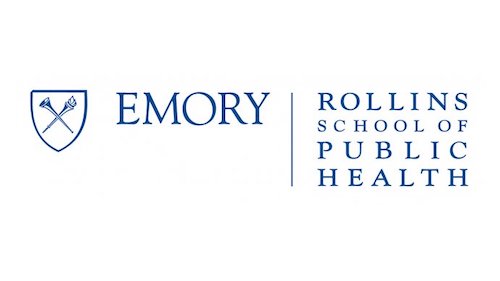


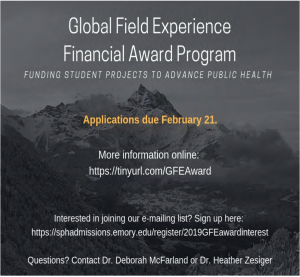

Recent Comments